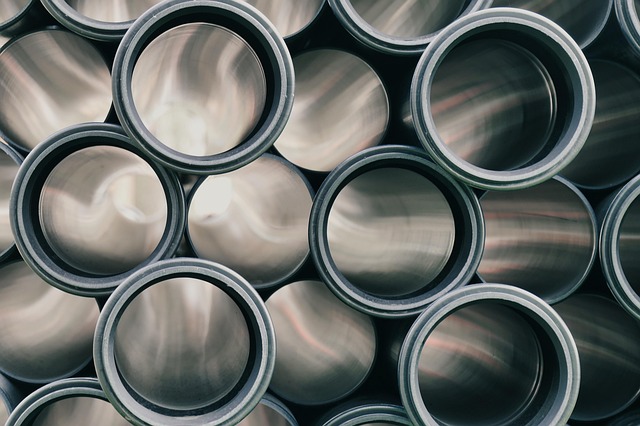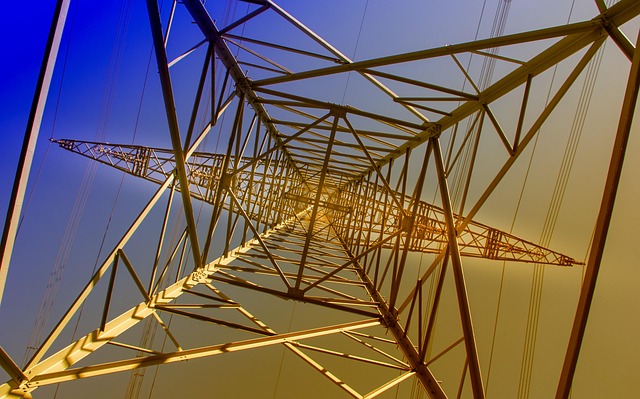The world is at a pivotal moment in its battle against climate change, and as the alarm bells grow louder, so too does the urgency for innovative solutions. Among these solutions, closed-loop systems stand out as a beacon of hope. These systems, which recycle resources and minimize waste, are not just an environmental concept; they are a necessary evolution in the way we interact with our planet.
At the core of the idea of closed-loop systems is a simple yet profound principle: nothing should go to waste. Think of a natural ecosystem where everything has a purpose—nutrients, energy, and materials are continually reused and reintegrated. By adopting a similar approach, industries can significantly reduce their emissions and their overall environmental footprint. This shift can lead to a drastic reduction in harmful pollutants, fostering cleaner air and healthier ecosystems.
The implementation of closed-loop systems can revolutionize various sectors, including manufacturing, agriculture, and waste management. For instance, a factory that utilizes a closed-loop system captures waste products and transforms them back into raw materials. This not only lowers operational costs but also diminishes the need for new resources, thereby reducing greenhouse gas emissions associated with extraction and production.
Moreover, in the agricultural sector, the adoption of closed-loop systems allows for the recycling of nutrients back into the soil. Instead of relying on synthetic fertilizers that contribute to emissions and environmental degradation, farmers can utilize organic waste, creating a sustainable cycle. This not only enhances soil health but also produces healthier crops, which leads to better food security in a changing climate.
The challenge, however, lies not only in promoting the transition to closed-loop systems but also in changing mindsets. Many are accustomed to a linear approach—take, make, dispose. This culture of consumption often overlooks the significant environmental costs associated with waste. By rethinking our processes and embracing the circular economy model, we can collectively work towards a solution that benefits both humanity and the environment.
Governments and organizations worldwide are beginning to recognize the power of closed-loop systems. Policies encouraging recycling, reusing materials, and reducing waste are being enacted to support a greener future. Furthermore, technological advancements in waste management and resource recovery are paving the way for deeper integration of these systems into our everyday lives. The move towards a circular economy is not just a trend; it represents a vital shift in how we address climate change.
In summary, embracing closed-loop systems offers a path forward in the fight against climate change. By fostering an environment where resources are reused and emissions are minimized, we can create a sustainable future. Although the challenge is immense, the opportunity for positive change is even greater. Let us champion these systems and make conscious choices that not only protect our planet but also empower future generations to thrive amidst the ongoing climate crisis.




